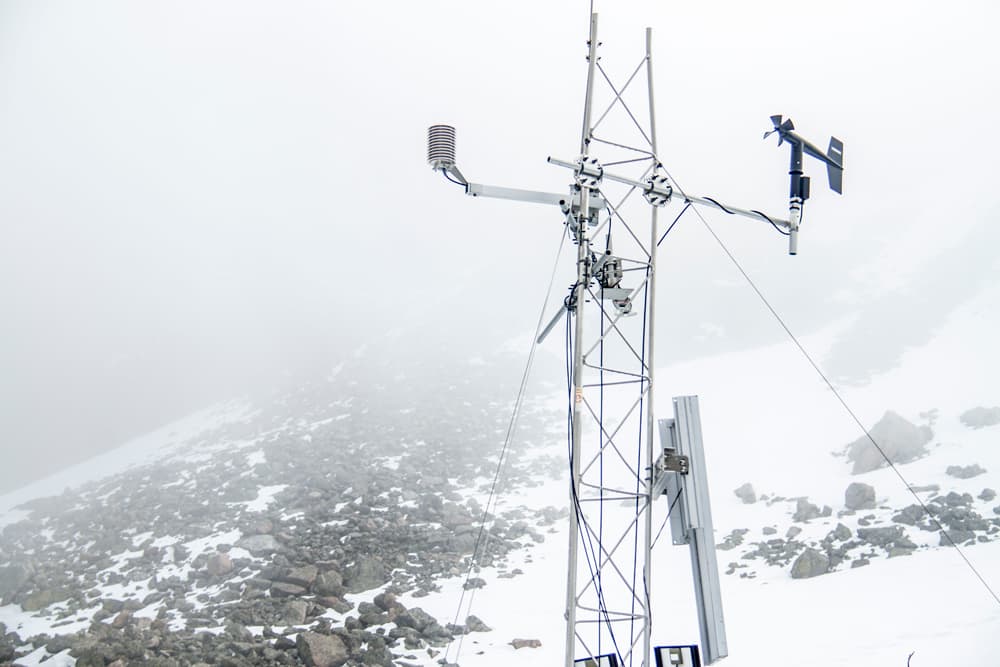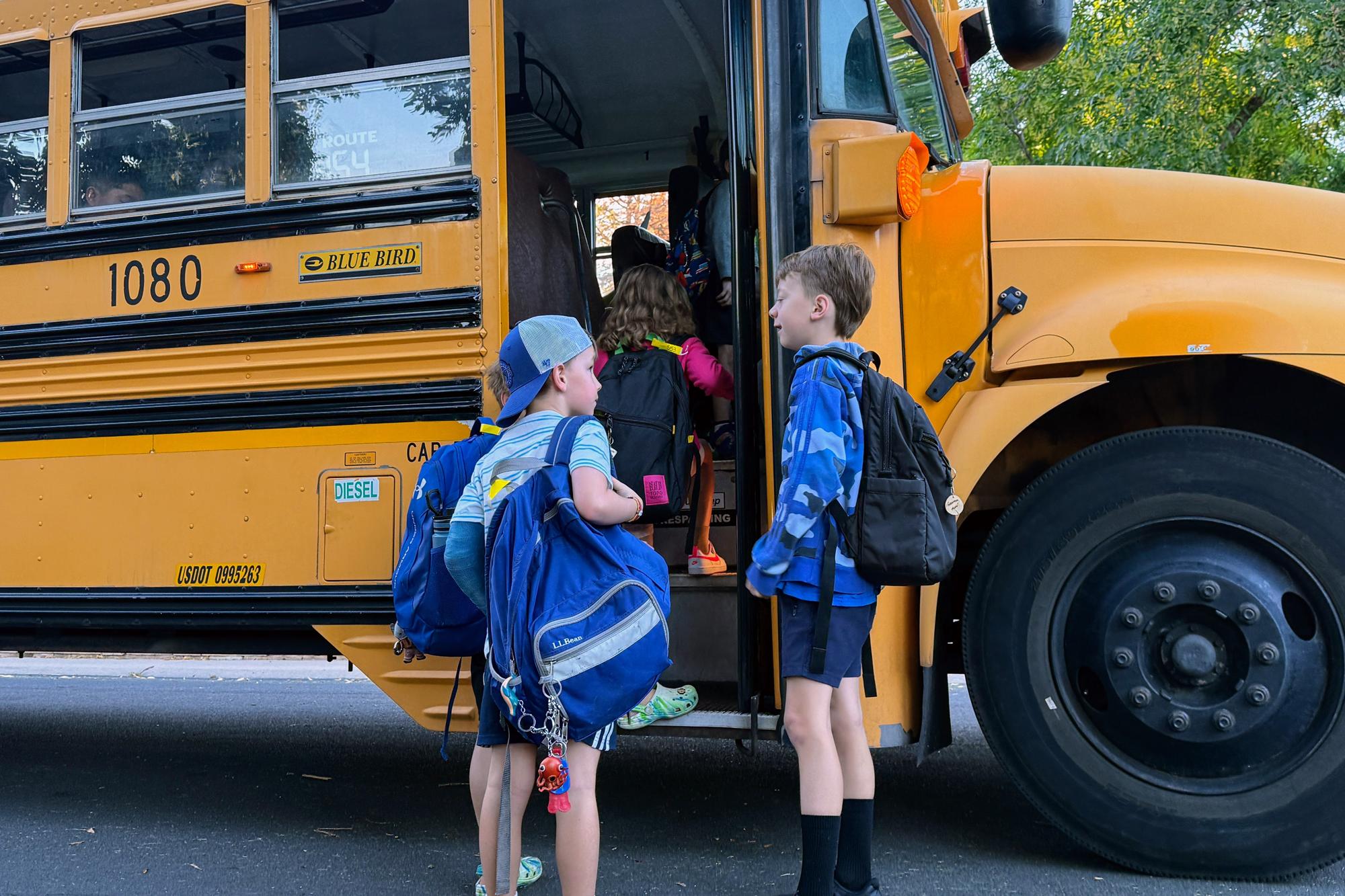In 2017, we wrote about U.S. Geological Survey (USGS) ecologist Jill Baron's research at Loch Vale in Rocky Mountain National Park. She began studying high mountain lakes in the '8os, and took cylinders of soil from their beds. That work revealed traces of lead, and then nitrogen, that correspond to the Colorado gold rush, the automobile's rise, leaded gasoline's fall and the agricultural revolution that boomed after World War II.
After she took those initial core samples, Baron set up environmental monitors at the Loch to monitor new nitrogen and ammonia pollution that's generated on the Front Range and ends up in Rocky's high mountain ecosystem. Her work shows how growth in the region, from Denver to Fort Collins, has had an impact even on this seemingly pristine landscape.
Data from those monitors are usually collected once a week, and her research has become the longest-running such project in the park's history. While this new information continues to show the story of the region's environmental management, gaps in Baron's numbers also show the story of something else: government shutdowns like the one that's consumed Washington, D.C., this year.
Rocky's maintenance came to a halt since parts of the federal government closed last month. This includes road maintenance, which has made access to the Loch impossible.
Baron said the growing gap in her data is the largest loss of information in her project's history, but it's not the first time she's had to deal with such a blackout.
"It rivals when Newt Gingrich closed the government" in the mid-'90s, she said.
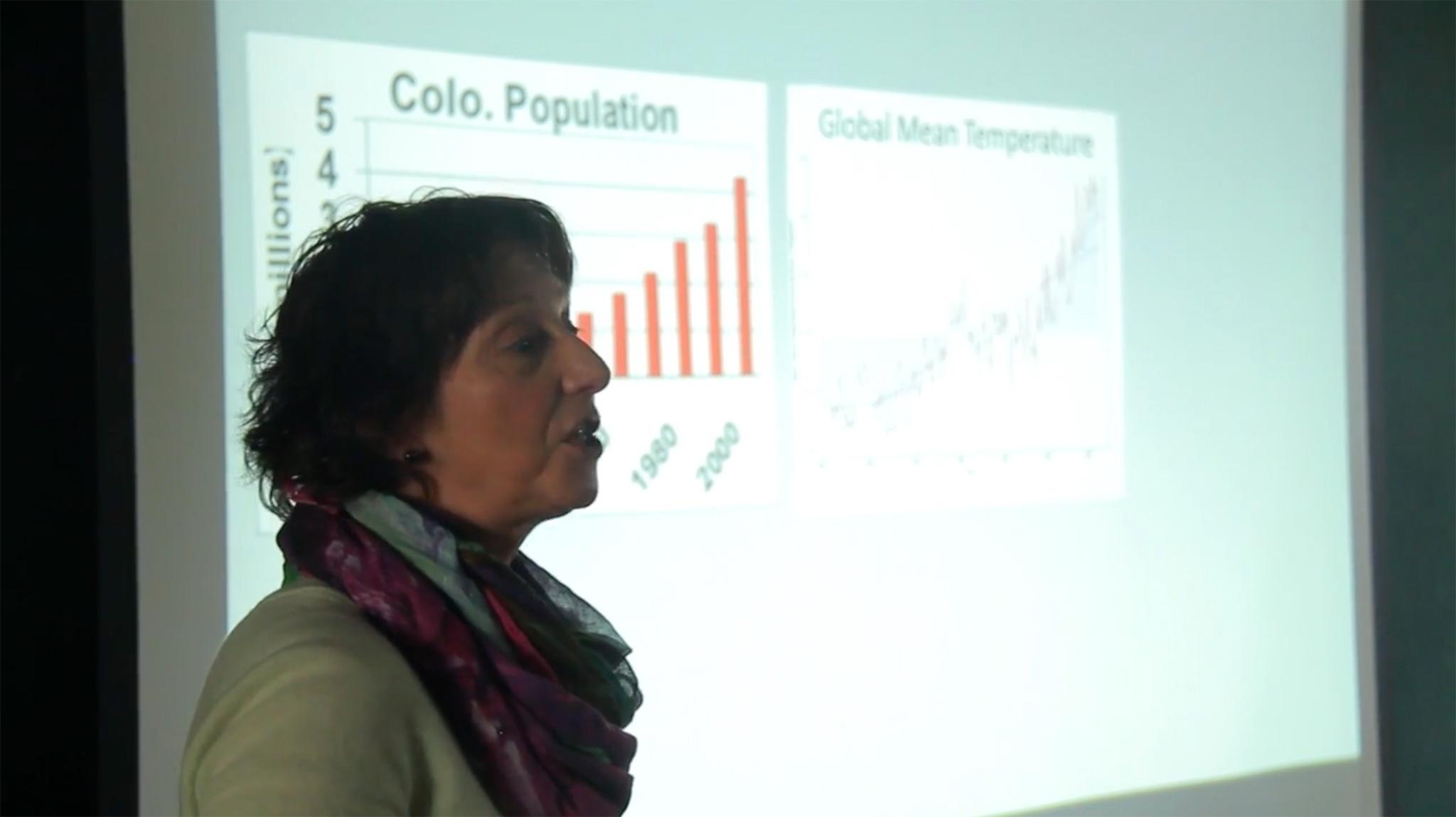
Baron's weekly collection is all about consistency, and losing even two weeks of readings disrupts her ability to see the full picture of pollution way up at the Loch. Nitrogen and ammonia are a cause of concern for the fragile ecosystems up there, and data from the project has been used directly in state policy that aims to curb how our lives down below impact other parts of the state.
"It's significant," Baron said. "This is hurting us. It's keeping the parks from getting the information they need."
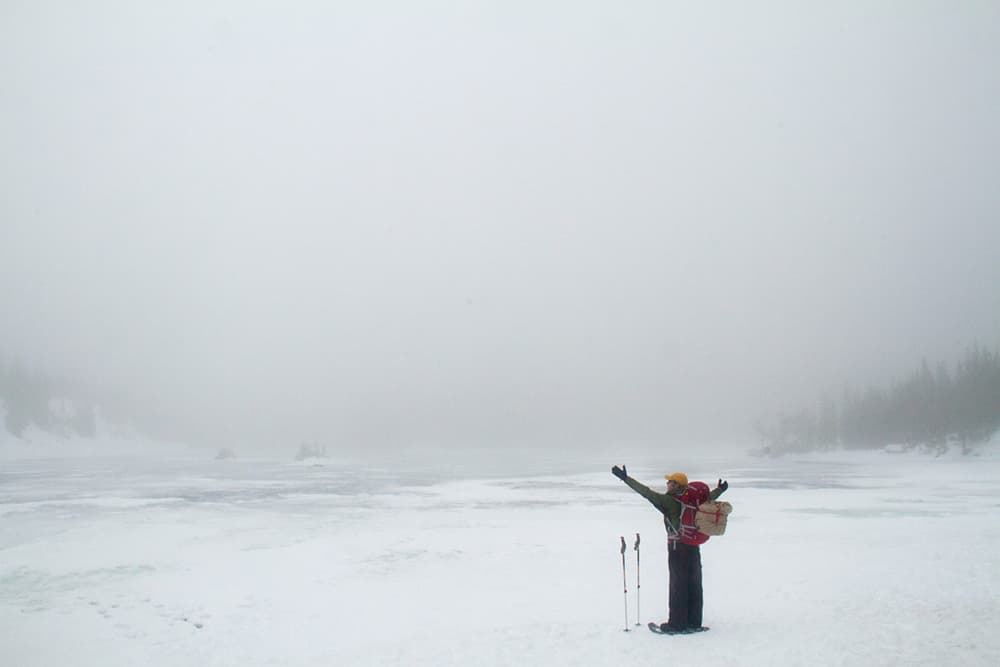
Nitrogen and ammonia levels at the Loch worsened between the 1980s and 2000s, and have remained constant ever since. While Baron said the data she and other researchers collect in the region can't draw a line to specific sources, she believes booming population along the Front Range is to blame for these constant pollution levels despite better policies throughout the years.
It's important enough to her that she's continuing her research as a "volunteer" even though USGS is technically shut down for the moment.
"Hypothetically, I am not allowed to work," Baron said, though she might be reimbursed once the government reopens and the dust settles.
"My staff, however, are contractors with the government, which means they will never be reimbursed," she added.
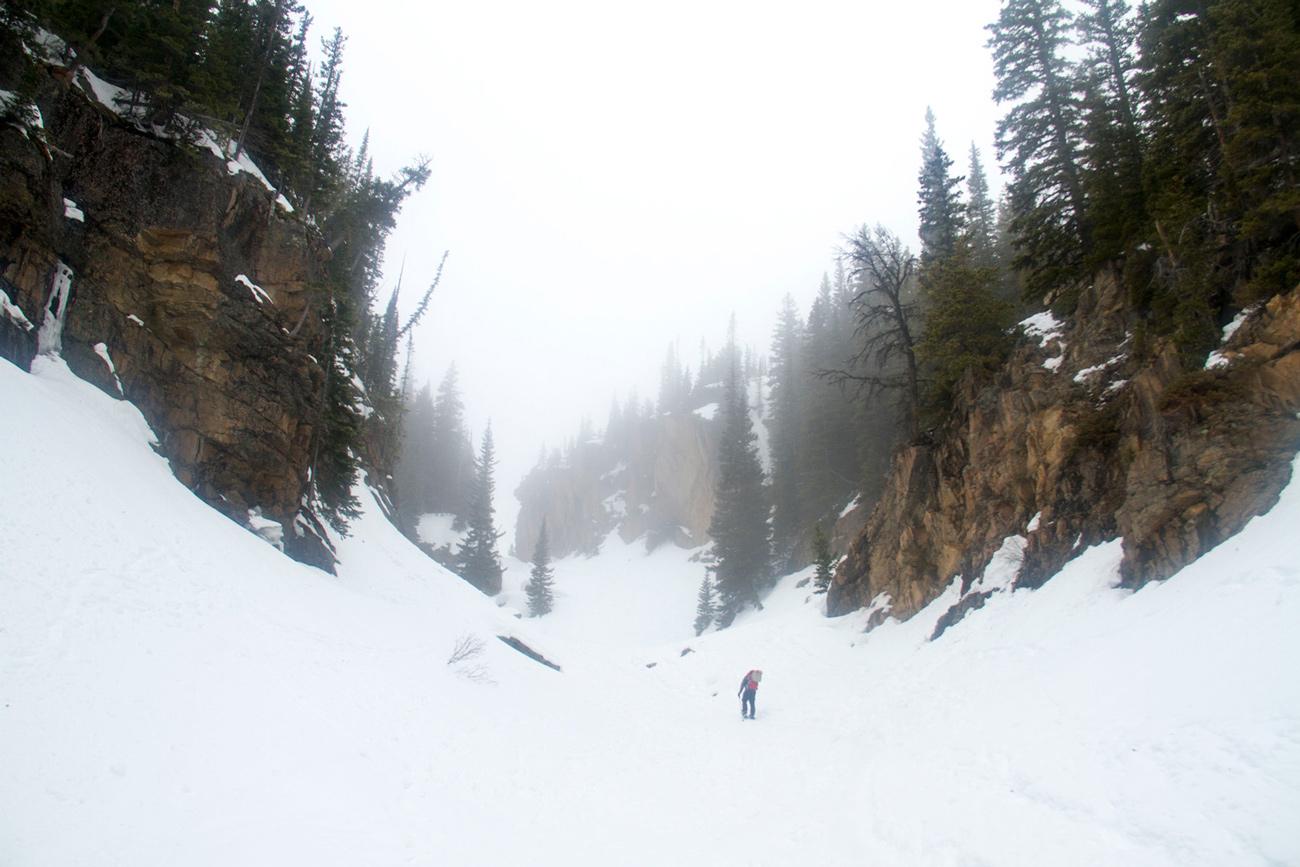
In the meantime, Baron is hoping for possible access to the Loch. Estee Rivera Murdock, executive of the Rocky Mountain Conservancy, told Denverite that the National Park Service is looking into using park fee money to finance plowing, but so far Rocky Mountain National Park has not seen such activity and more snow is expected to fall on Friday. If the park manages to see some plowing, Baron or someone from her team will try to visit the monitors, even if the government is still closed.
While she expressed frustration with the situation, her work must continue if it can. And Baron wanted to make sure she also expressed praise for the federal workers who she usually works with.
"Put a plug in for the National Park Service, because they are trying so hard to keep the records going," she said. "They recognize the value of the science for managing Rocky."
Note: I first heard about Baron's large data gap on Colorado Public Radio in a story that looks at the federal shutdown's broader impact on the park.

